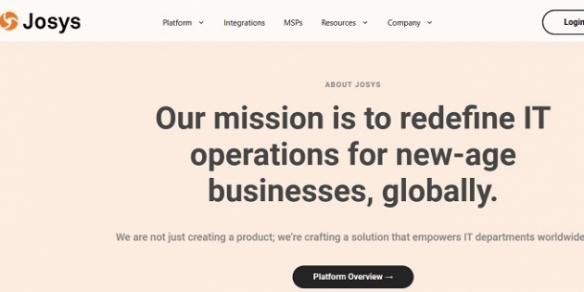Indonesia’s Go-Jek launches Go-Bills
By Yunnie Marzuki November 23, 2017
- Allows users to pay utility and National Health Insurance bills with Go-Pay
- Go-Pay acts as a bridge between financial service providers and users
INDONESIAN on-demand transportation provider, Go-Jek introduces Go-Bills, a new feature on its platform.
Go-Bills allows users to pay for daily needs bills using Go-Pay. Through this service, Go-Jek app users can pay utility bills and National Health Insurance (JKN-KIS) fees with just a few easy steps.
JKN is administered by the Healthcare and Social Security Agency (BPJS Kesehatan) which is part of the government machinery. It provides universal healthcare to all Indonesian citizens.
Go-Jek chief executive officer and founder Nadiem Makarim says that Go-Bills is the first step in the company’s vision to deliver more cashless transaction channels to users.
“Indonesia is entering a transitional period between the cash community and the non-cash community. We hope this service will speed up the transition.”
He says that this initiative is also aimed at encouraging financial inclusion via electronic payments by using Go-Pay.
“Go-Jek through Go-Pay has a role as a bridge to accelerate financial inclusion for banks and other financial services institutions to the community especially unbanked communities.”
According to Bank Indonesia, the nominal amount of electronics transactions in Indonesia in September 2017 reached 817 billion rupiah (US$60.4 million), with more than 67 million transactions.
“For us, to boost financial inclusion in Indonesia, electronic payments are an important key. By connecting electronic payments to daily needs, it may increase people's trust, especially unbanked communities, in financial services,” he explains.

To pay utility and JKN-KIS bills, users can access Go-Bills through the Go-Jek app and enter their customer identification number for each utility or JKN-KIS bill. Go-Pay users will have the necessary amount deducted from their balance when the transaction is successful.
At this stage, users can pay a wide range of utility bills such as prepaid electricity bills, postpaid and non-billing electricity bills.
To BPJS Kesehatan director of Technology and Information Wahyuddin Bagenda, featuring JKN-KIS payment in Go-Bills encourages the community’s compliance towards social health insurance payments.
“This collaboration helps us to add more payment channels so it will ease JKN-KIS payment processes for our 183 million registered citizens.”
Nadiem also says that Go-Bills will continue to be developed to make it easier for people to make daily bill payments.
“We want to develop and add in more bill payment services that could reach the unbanked population too,” he explains.
With over 44 million downloads as at June 2017, Go-Jek now has 16 to 18 million active users and 50% of them use Go-Pay three to four times daily.
Related Stories:
Go-Jek extends Go-Pay to other online, offline businesses
Go-Jek is only Southeast Asian company to make Fortune's Change The World list
Go-Pay drives cashless society in the largest Southeast Asian population
Go-jek’s golden funding round from Tencent & its halo effect on the Indonesian ecosytem
For more technology news and the latest updates, follow us on Facebook, Twitter or LinkedIn.
%20Go-Jek%20CEO%20and%20founder%20Nadiem%20Makarim%3B%20Indonesian%20Minister%20of%20Communications%20and%20Information%20Rudiantara%3B%20and%20BPJS%20Kesehatan%20director%20of%20Technology%20and%20Information%20Wahyuddin%20Bagenda.JPG)


